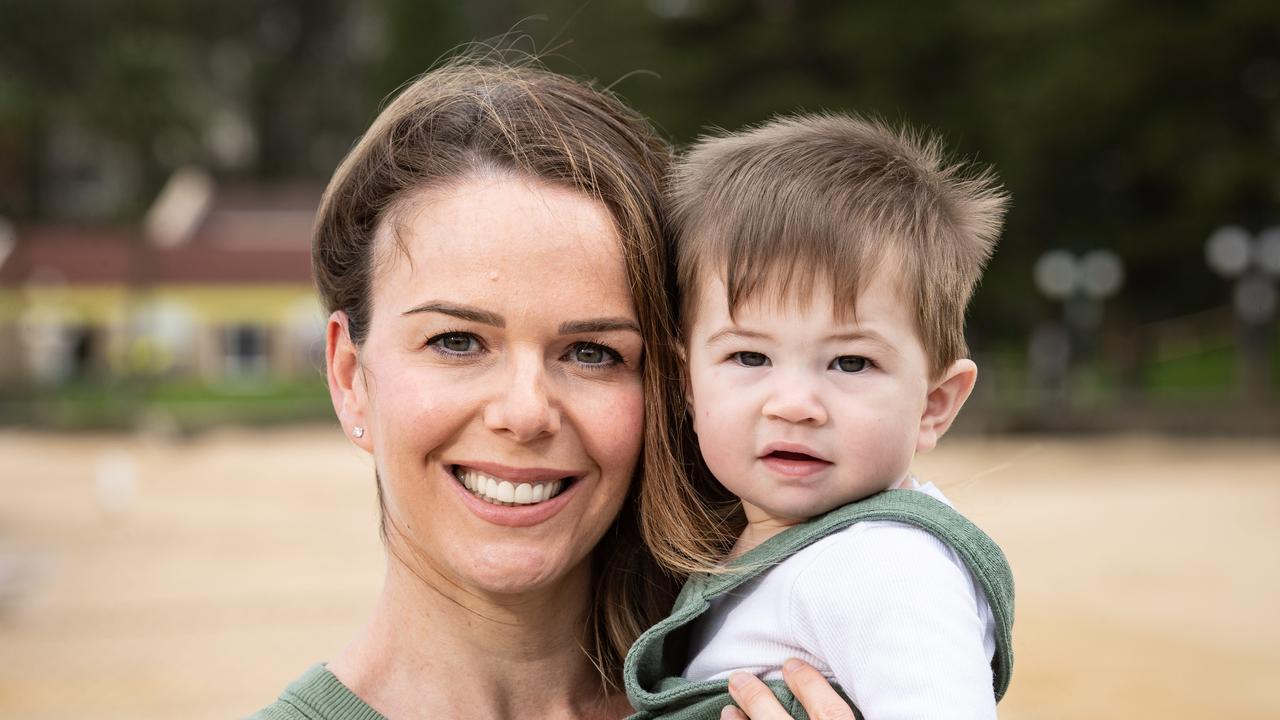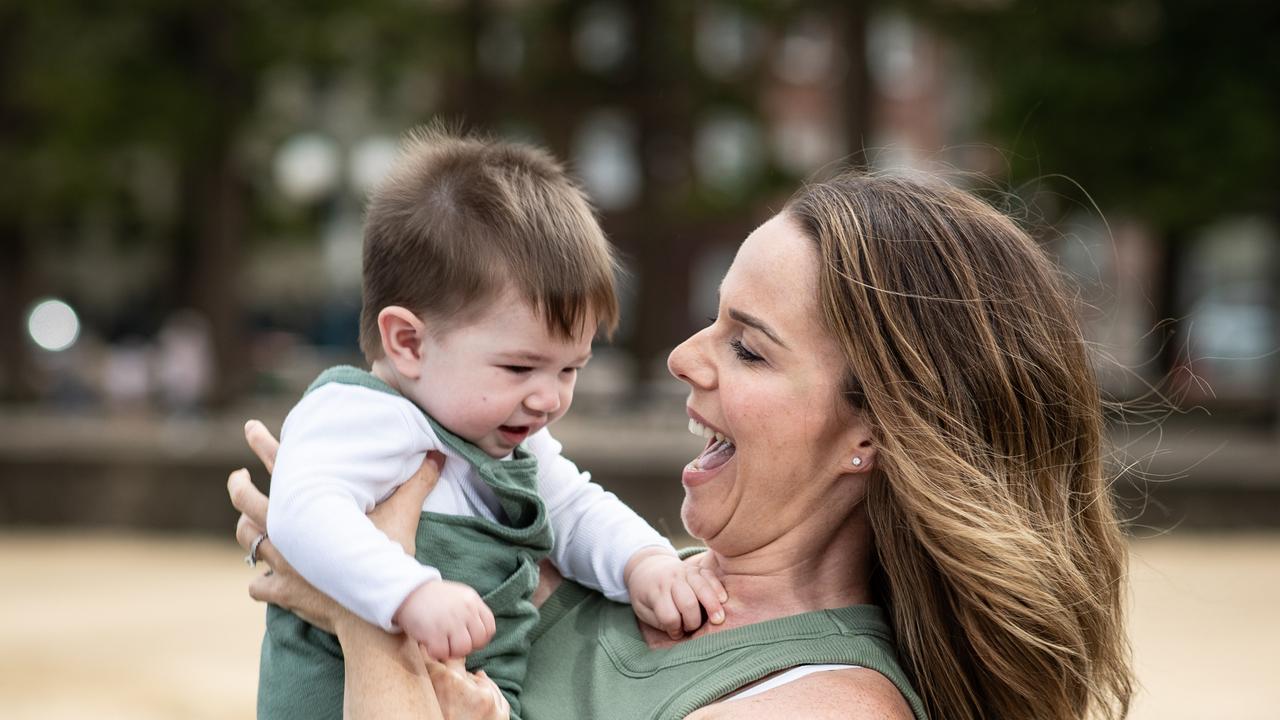Miscarriage heartbreak affects one in five pregnancies but new hormone therapy brings hope
Women at high risk of miscarriage can now access a new treatment to reduce the risk of losing their baby. Here’s what you need to know.
Health
Don't miss out on the headlines from Health. Followed categories will be added to My News.
Women at high risk of miscarriage can access a new treatment to reduce their risk of losing their baby in early pregnancy.
Progesterone therapy Utrogestan has been registered by the Therapeutic Goods Administration (TGA) to help prevent miscarriage in pregnant women who are bleeding and have had three or more previous miscarriages.
However, it is not covered by the nation’s medicines subsidy scheme and could cost women $9 per day or $600-$800 for a full treatment course.
Up to one in five pregnancies end in miscarriage and while many losses occur because of problems with the embryo’s development, in some cases the embryo itself is healthy.
The more miscarriages you have in a row, the less likely those are to be the cause and one of the underlying issues can be a deficit in progesterone, Sydney University academic and Obstetrician Dr Andrew Pickering said.
“Once a woman has suffered two or three pregnancy losses, her risk of a future miscarriage is more than doubled,” he said.
“It’s not uncommon for women who have experienced multiple losses to become caught in a cycle of despair, when the prospect of having a baby should be one of life’s great joys.”

Progesterone is a hormone that prepares the lining of the womb for the implantation of the embryo and it assists the mother’s body to accept and support the growing baby.
In the past it’s been licensed to prevent preterm birth and it is used in IVF treatment to help the implantation process.
The PRISM study of more than 4000 women in the UK found 72 per cent of women, who had three or more previous miscarriages, and were given the hormone had a live birth.
This compared to just 57 per cent women who had three or more previous miscarriages who were not given the treatment.
The new treatment can be prescribed by obstetricians and GPs if a pregnant woman is bleeding.
In order to qualify for the treatment a woman needs to have had three miscarriages, be bleeding in their current pregnancy and have an ongoing pregnancy.
The treatment is taken until the 16th week of pregnancy after which the placenta will naturally take over the job of producing the hormone.
Side effects include diarrhoea, constipation, nausea and bloating, Dr Pickering said.

Mum Dionne Woo, of Manly in Sydney, had three miscarriages and two failed IVF rounds but was using progesterone and other treatments in her last natural pregnancy which resulted in the birth of her now eight-month-old son Reiss.
The 40 year old who works for a travel technology company had held a limited Covid wedding party last year after her last IVF round failed.
“We had the most amazing wedding and found out the day after the wedding that we were pregnant again. And that’s our bubba, so he was actually at the wedding all along, in my tummy,” Ms Woo said.
In her successful pregnancy Ms Woo was taking steroids, the blood thinner Clexane, progesterone as well as infusions of Intralipid, a fat emulsion solution that consists of soybean oil, egg yolk phospholipids and glycerine.
Repeated miscarriages were a “horrible process” and any treatment that could help was welcome, Ms Woo said.
“You lose the excitement and the happiness or finding out you’re pregnant because it’s a roller coaster of emotions that you’re excited you’re pregnant, but you’re also scared to be excited because just think it’s going to be mishap and another miscarriage,” she said.
Originally published as Miscarriage heartbreak affects one in five pregnancies but new hormone therapy brings hope







